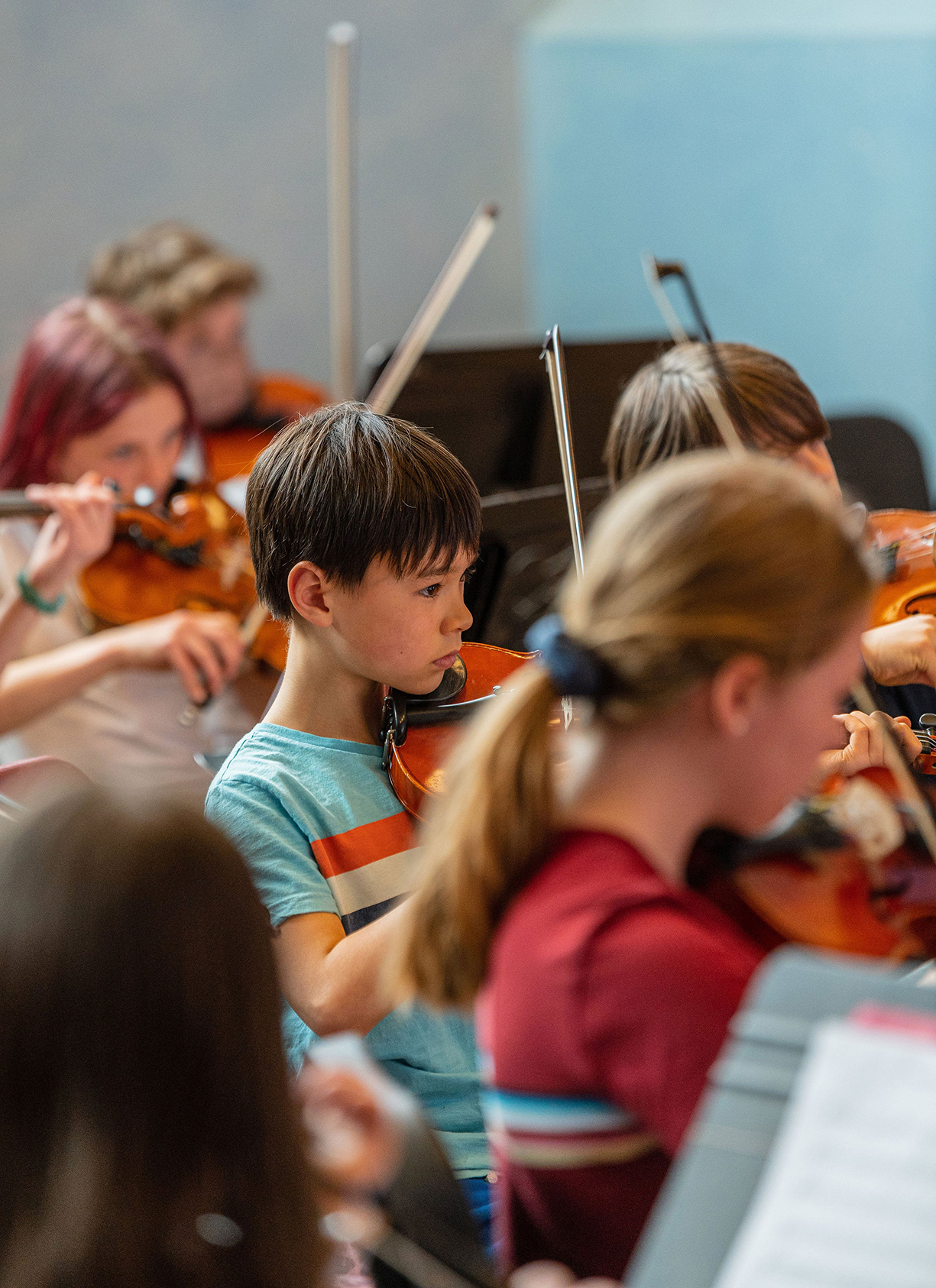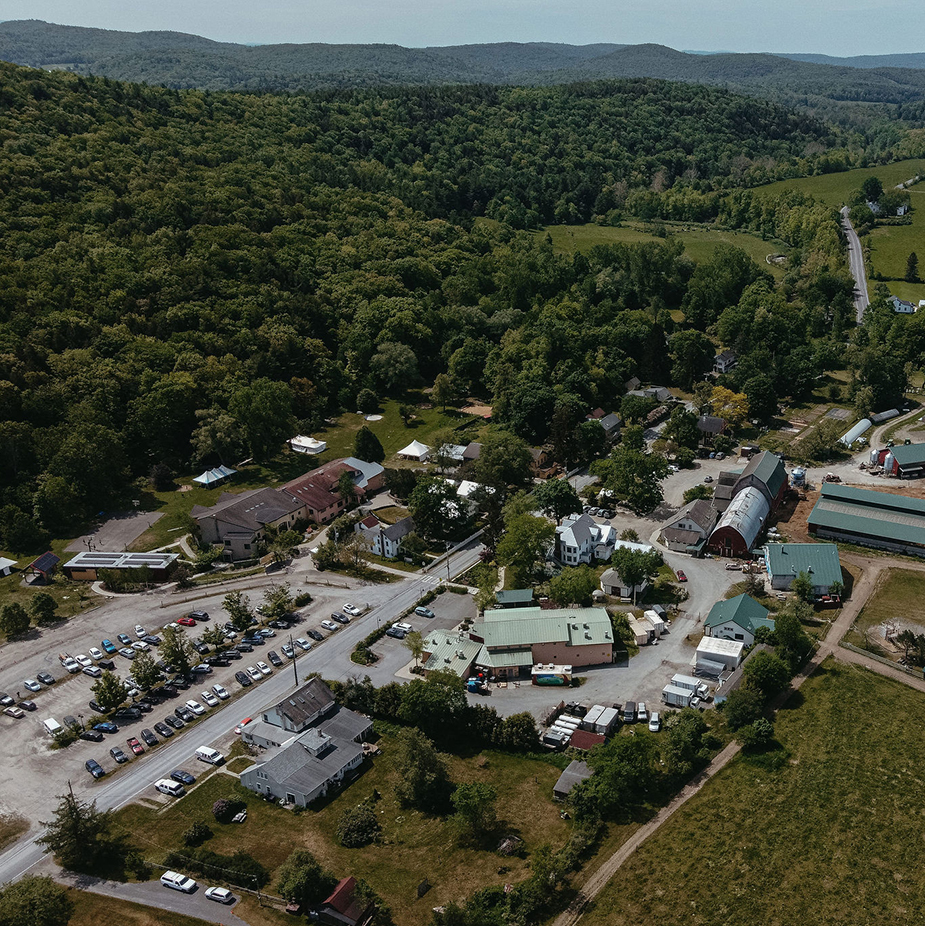Why Waldorf
In a Waldorf school, teachers recognize the child’s intellectual, physical, emotional, and spiritual capacities.
Waldorf education, grounded in the life work of Rudolf Steiner, nurtures both the innate moral strength of children, and facilitates free and independent thinking, thus encouraging self-discovery. Artistic, cognitive, and practical lessons nurture the potential and uniqueness of each child.
HALLMARKS OF A WALDORF EDUCATION
Commitment to the principles of Waldorf education means that certain aspects of Hawthorne Valley Waldorf School’s curriculum and atmosphere are very different from those corresponding aspects in other schools. The hallmarks, which affect the daily life of the school, are quickly apparent:
- Teachers, as the ones who have the greatest contact with the children, make the pedagogical (the study and practice of how best to teach) decisions of the school.
- A strong connection between parent and teacher is fostered.
- Evaluations of the children are based on many criteria rather than on intellectual abilities alone.
- Waldorf education is based on an understanding of human development that addresses the needs of the growing child.
“PREPARING FOR LIFE”
Entrepreneurs, Stanford researchers, investment bankers, and parents who run some of the largest hi-tech companies in the world, weigh-in on what children need to navigate the challenges of the 21st Century in order to find success, purpose, and joy in their lives.
TEACHERS ASKING QUESTIONS
Waldorf teachers strive to transform education into an art that educates the whole child – head, heart, and hands. The faculty is interested in the students as individuals, asking such questions as:
- How do we establish within each child his or her own high level of academic excellence?
- How do we call forth enthusiasm for learning and work, a healthy self-awareness, interest and concern for fellow human beings, and a respect for the world?
- How can we help pupils find meaning in their lives?
How do we establish within each child his or her own high level of academic excellence? How do we call forth enthusiasm for learning and work, a healthy self-awareness, interest and concern for fellow human beings, and a respect for the world? How can we help pupils find meaning in their lives?
The Arc of Waldorf Education
The Waldorf curriculum is a finely tuned system whose aim is to give positive support to the development of the child at every step, especially in the approaches used to teach specific subjects and skills.
Waldorf Pedagogy Podcasts with Class Teacher Kevin Kilb
Living Thinking
Artistic Engagement in Support of Conceptual Understanding: Learning Through Play







